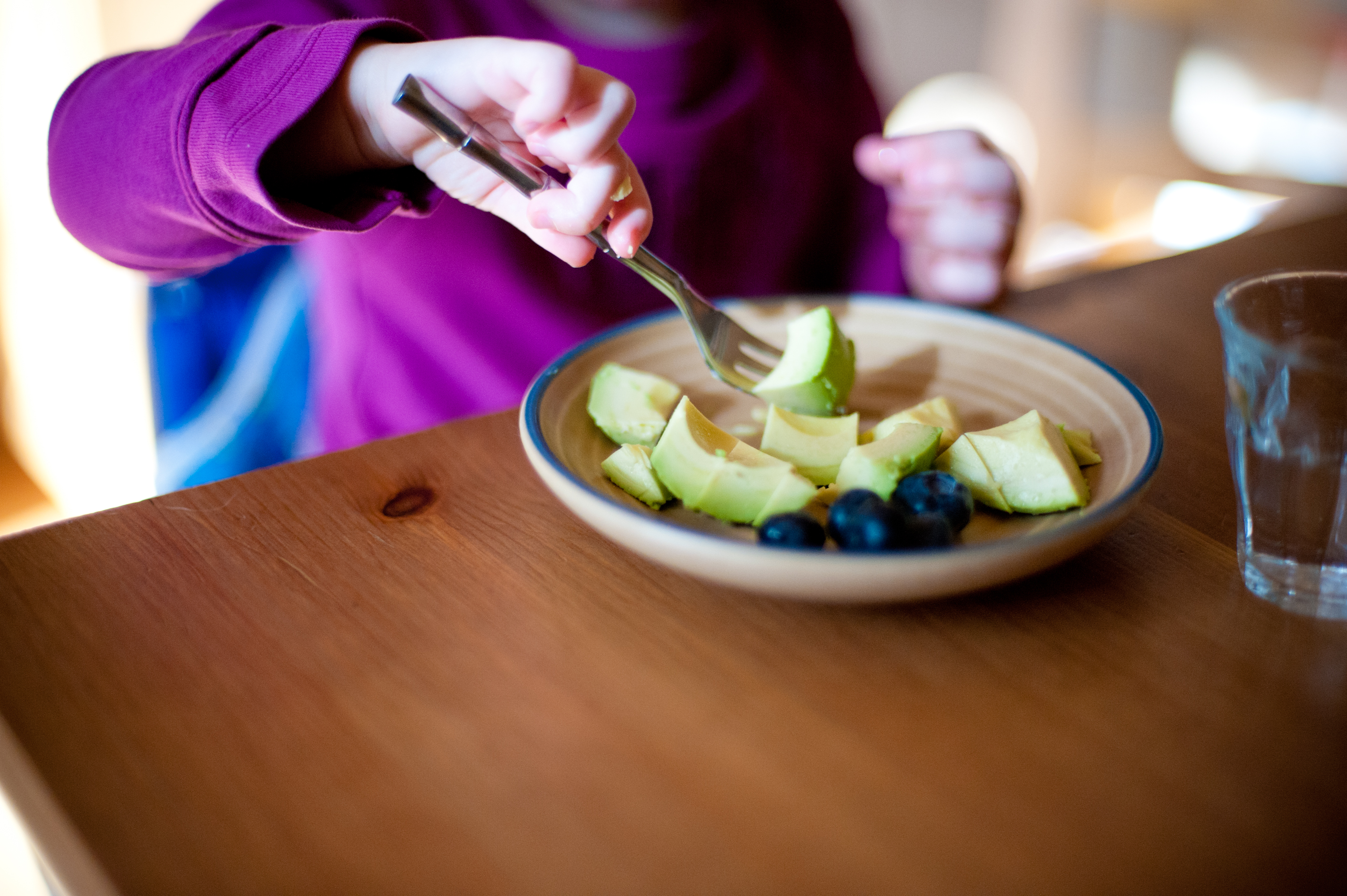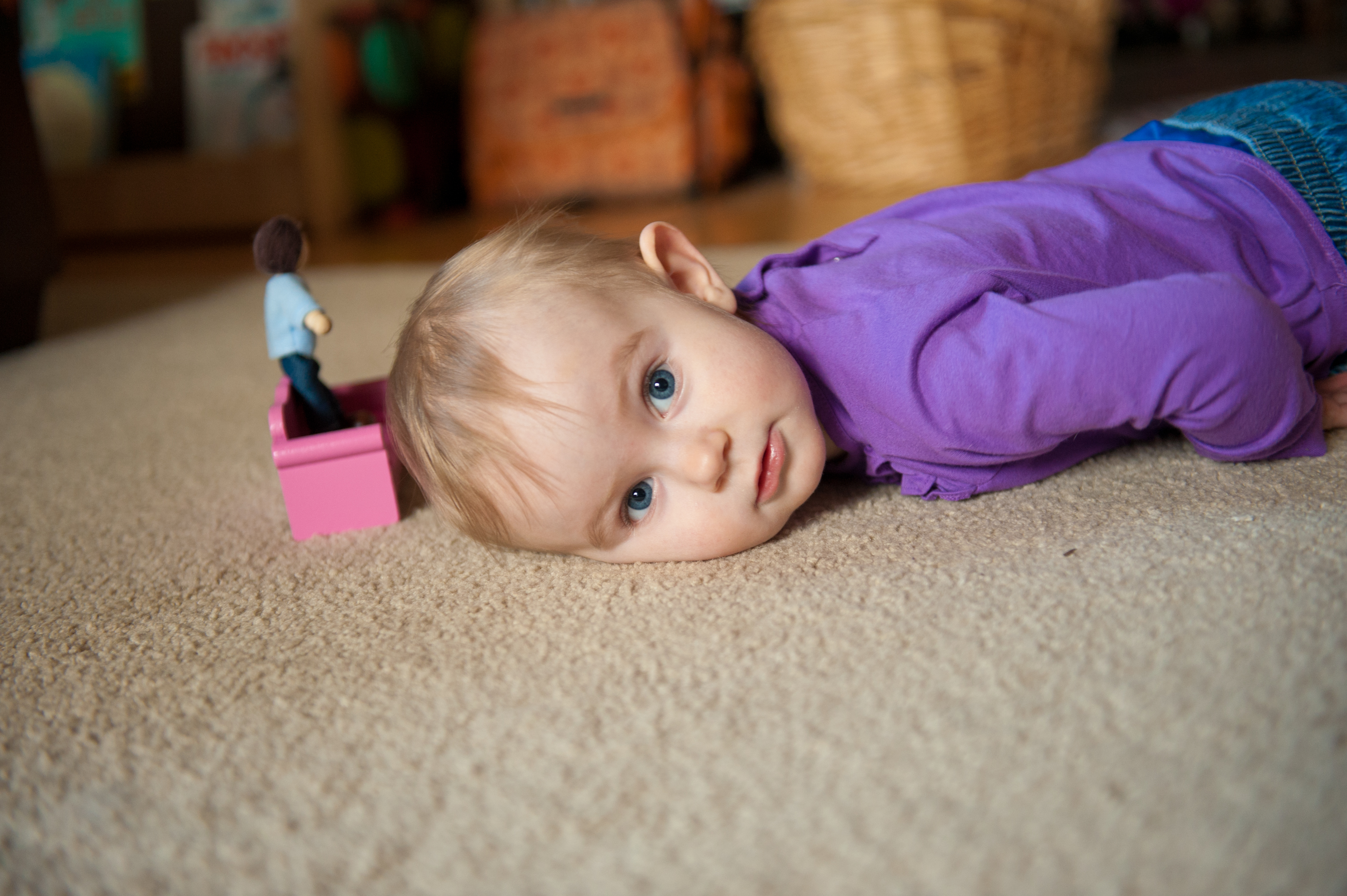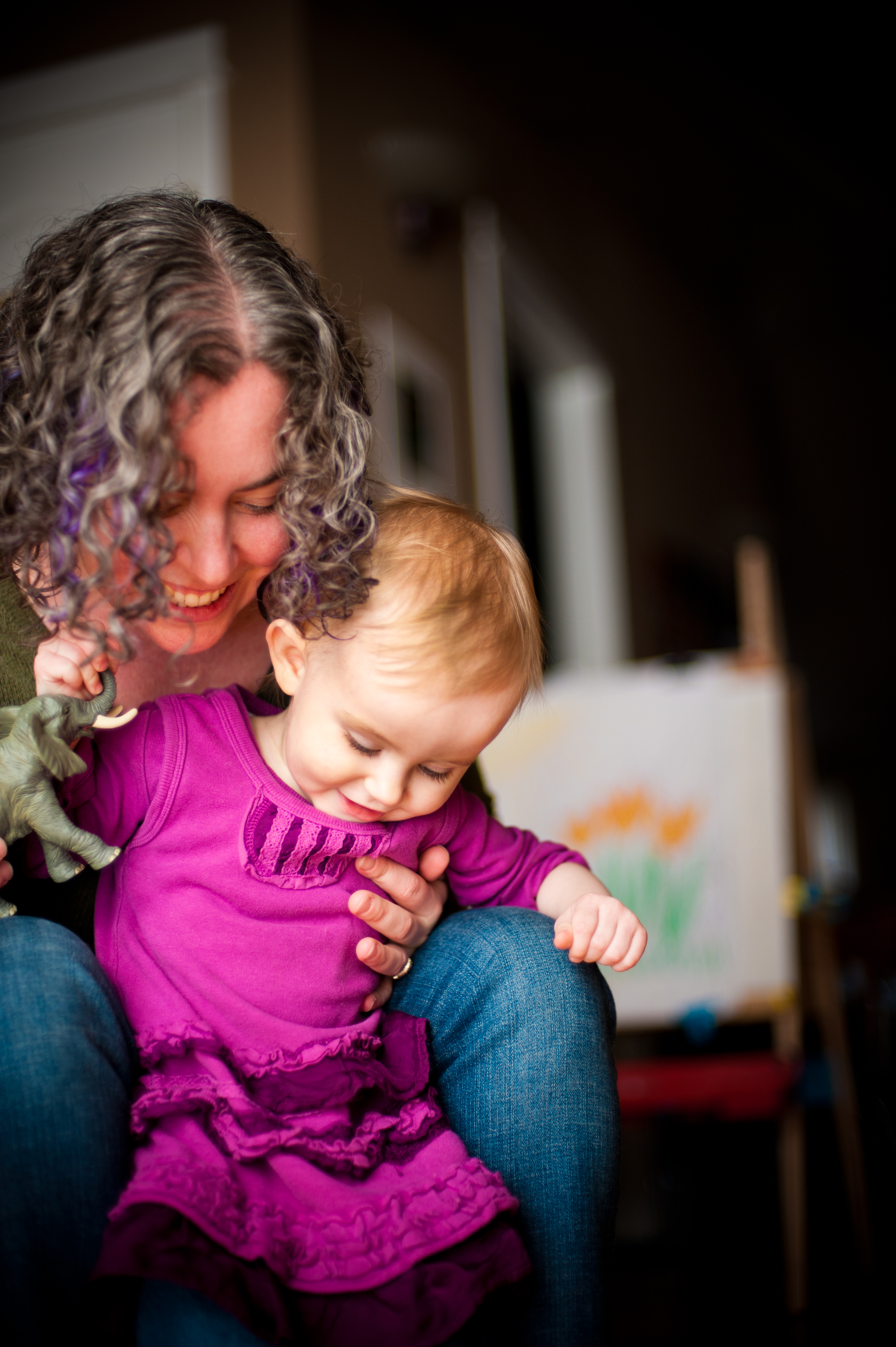I recorded this video a little bit over a year ago as a part of an online eCourse I was creating, but I never finished the course and I just can’t withhold this gem of an interview any longer. So, to celebrate Mother’s Day I wanted to share this wonderful interview with Dr. Laura Markham with you.
Dr. Laura is such a fantastic resource for families and I am so happy to share her with you! I hope you enjoy the interview and I would love to hear your feedback and/or comments, so please feel free to share your thoughts below. And have a wonderful Mother’s Day. You are a gift to your family, the world, and to me. And I’m so so grateful you’re here. Love and hugs, Shelly





